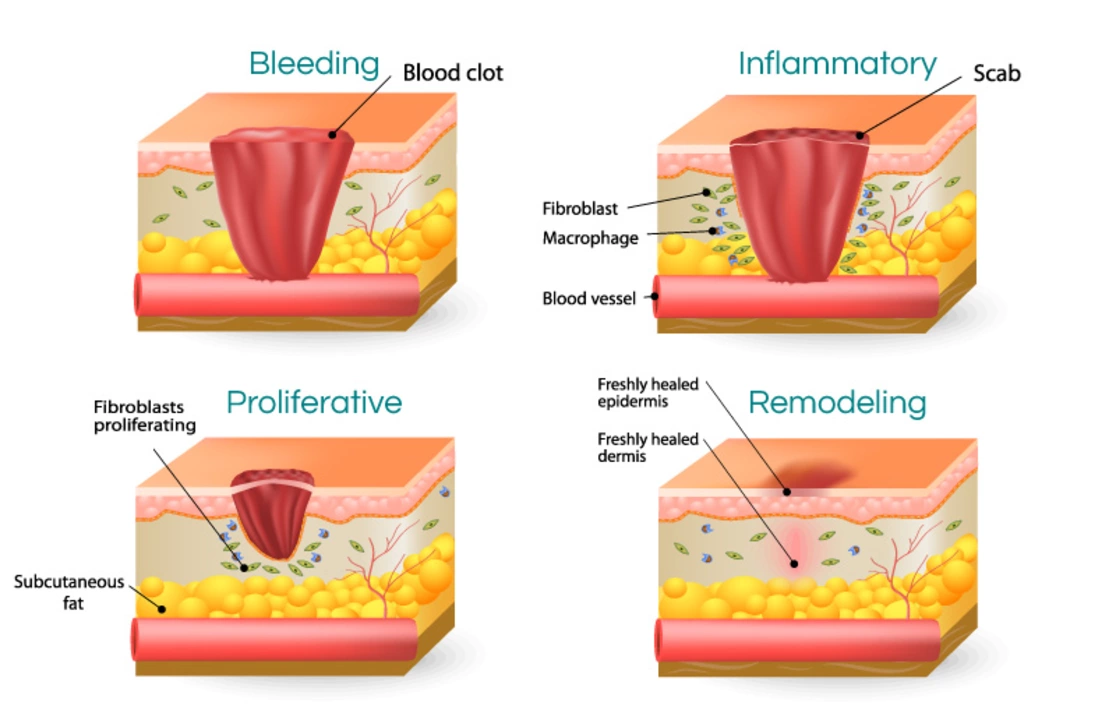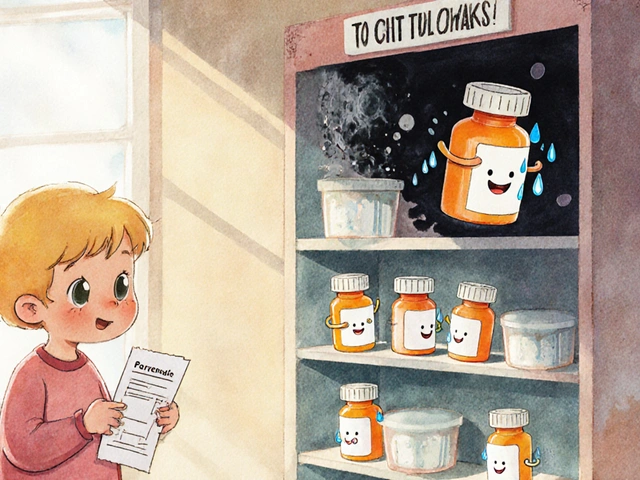Wound care: quick, practical steps to heal faster
Got a cut, scrape, or sore that needs attention? Knowing a few simple steps makes a big difference. This guide covers what to do right away, how to keep the wound clean, when to change dressings, and when to see a doctor. No medical jargon—just clear, useful advice you can use today.
Immediate steps for a new wound
Stop the bleeding. Apply gentle pressure with a clean cloth for 5–10 minutes. If bleeding soaks through the cloth, add another layer—don’t remove the first one.
Clean the wound. Rinse with cool running water for one minute to remove dirt and debris. Use mild soap around the area but avoid getting soap directly inside deep cuts. Don’t use hydrogen peroxide or alcohol repeatedly; they can slow healing. A single swab to clean edges is fine if needed.
Decide on closure. Small, shallow cuts usually heal fine on their own. Deep, gaping, jagged, or bleeding wounds that won’t stop after pressure may need stitches, staples, or glue—see a clinician within a few hours. Also seek care if the wound was caused by a bite, rusty metal, or high-force injury.
Caring for wounds over time
Keep it covered. A simple non-stick dressing or sterile gauze with tape keeps out dirt and reduces scabbing. Change the dressing daily or sooner if it gets wet or dirty. Clean gently each time with water and pat dry.
Use an antibiotic ointment sparingly. A thin layer of bacitracin or similar can cut infection risk for minor cuts. If you get a rash or more redness after using an ointment, stop it and check with a pharmacist or doctor.
Watch for infection. Look for increasing redness, warmth, growing pain, swelling, pus, or red streaks toward the heart. A fever alongside these signs means you should see a doctor that day.
Manage pain and swelling. Over-the-counter ibuprofen or acetaminophen helps pain. Keep the wound elevated when possible to reduce swelling.
Tetanus shots matter. If your tetanus vaccine isn’t up to date and the wound is dirty or puncture-like, get a booster within 48 hours. Check with your clinic or pharmacist if unsure.
Think about underlying conditions. People with diabetes, poor circulation, or weakened immunity need closer follow-up. Small wounds can worsen fast in these cases—talk to your healthcare provider early.
Speed healing with simple habits. Eat protein, drink enough water, avoid smoking, and keep blood sugar stable. These things help your body rebuild tissue.
If a wound still looks bad after a few days, smells foul, or is getting larger, don’t wait. See a doctor. Faster treatment prevents bigger problems and helps you heal with less scarring.



